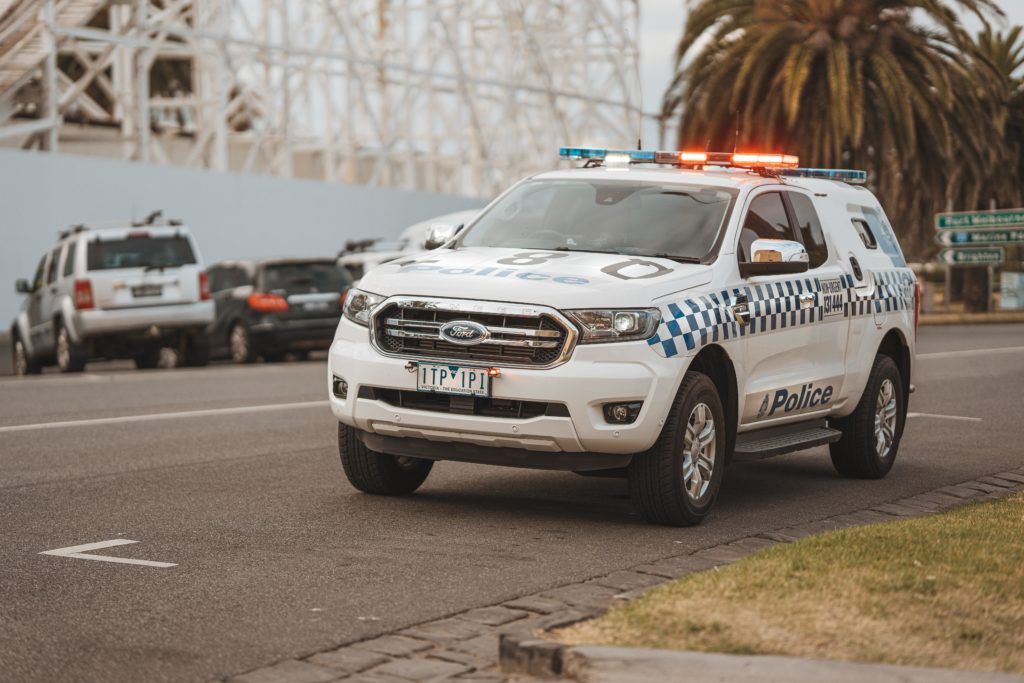With the highly demanding lifestyle of a police officer, health is everything.

That’s why one of our members, Police Health, makes it their mission to understand the unique health needs of the police community.
Your physical health should be a priority not only to be able to keep the country and our communities safe but for your own personal safety. Your mental and emotional health, however, is just as important, if not more so.
Mental health awareness is better than its ever been, and there are plenty of efforts to protect the mental health of police officers who are vital to our communities.
Here at Members Health, we’ve rounded up five health and mental well-being tips from Police Health’s health blog for police officers to be able to perform at their best and stay safe and healthy.
1. Flexibility is key
As a police officer, you should always maintain your flexibility as your job is very varied. You may spend hours sitting still driving around on shift only to then immediately have to jump out of a car and chase someone at full speed. This can injure even the most talented athlete.
By stretching your legs and lower back throughout the day and ensuring you stretch after workouts, you will reduce the chances of you pulling muscles. This increased flexibility will enable you to recover better from the active aspects of your job.
2. Maintain muscle strength
As a police officer, it’s important that you maintain your strength. And as you know, it’s important to have a consistent fitness routine to ensure you pass the regular fitness tests. So, during your workouts, make sure you incorporate exercises that will build your strength, including lifting weights, push-ups, and using resistance bands.
3. Join support groups
The job of emergency services is tough, to say the least, and workers often experience traumatic and tragic events that people in other industries may never have to encounter. This means it can be hard or even impossible for police officers to talk about these issues with their friends or families, as they may not be able to relate.
Joining a peer support program or group with other police officers who have gone through the same experiences can help you to work through your traumas and be surrounded by people who understand and can help you. This is incredibly important for the collective mental health and well-being of law enforcement officers.
If you’re willing and able, why not consider peer mentoring to help a young officer who may or may not be seeking mental health support.
4. Improve your sleep
Police officers don’t work regular 9-5s like many people. Instead, it’s shift work, which means you’ll probably be taking on plenty of night shifts, especially early on in your career. Without a sufficient amount of sleep, your physical performance could be affected, plus it’s important for your mental and psychological health too.
To tackle this, once you get your shifts through, try and create a sleeping plan to ensure you get at least eight hours of sleep per day. An improved sleeping pattern will improve your performance, safety and wellness, as well as help with any potential mental health issues you’re facing.
5. Try and leave work at work
Again, police officers will inevitably witness the darker sides of humanity and the last thing you want is for that to affect your home life with friends and family. Always try and leave work at work. At the end of a shift, change into your casual clothes and leave work at the door until your next shift. Outside of work, focus on a routine that includes time with family or friends.
If you’re currently struggling, reach out to one of these suicide prevention helplines:
Lifeline Australia – 13 11 14
Suicide Crisis Text Line – 0477 13 11 14
Beyond Blue – 1300 224 636
SuicideLine – 1300 651 251
Suicide Call Back Service – 1300 659 467
